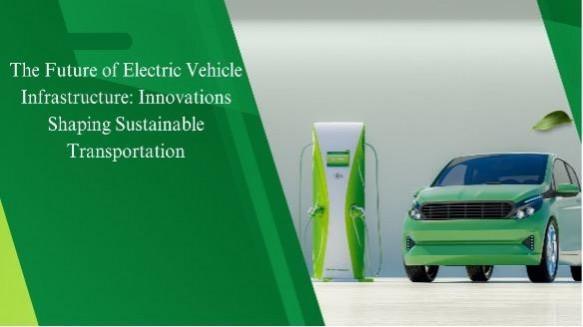
The rapid transition to electric vehicles (EVs) is reshaping the global transportation sector. As policymakers and industries work toward reducing carbon emissions, advancements in EV infrastructure are proving to be a critical component of this transformation. In this article, Venkateswarlu Mullangi explores the technological breakthroughs driving the next generation of EV charging solutions and how these developments are set to redefine mobility and energy consumption.
Wireless Charging: Powering EVs Without the Cables
A groundbreaking innovation in EV infrastructure is in-pavement wireless charging technology, enabling vehicles to charge dynamically while in motion via electromagnetic induction. With optimized frequencies, modern wireless power transfer (WPT) systems now deliver up to 160 kW, enhancing efficiency, reducing downtime, and eliminating stationary charging dependence.
Ultra-Fast Roadside Charging: Reducing Wait Times
The push for faster EV charging has led to ultra-fast roadside DC charging stations, delivering 350-400 kW for rapid recharges. Advanced cooling systems prevent overheating, while power factor correction ensures efficiency. Smart queuing optimizes station usage, reducing wait times and enhancing convenience.
Integrating Vehicles into the Power Grid
A major advancement in EV infrastructure is vehicle-to-grid (V2G) technology, enabling EVs to function as mobile energy storage units. With bidirectional power flow, each vehicle can supply up to 15 kW, enhancing grid stability, reducing peak demand strain, and providing financial incentives to owners through energy credits.
Smart Grid Technology: Making Charging More Efficient
As EV adoption grows, so does the need for grid integration solutions that can efficiently manage energy distribution. Smart charging infrastructure utilizes artificial intelligence and predictive demand modeling to optimize load balancing. With real-time monitoring of voltage stability and harmonic distortion, modern charging stations are achieving power allocation efficiencies of over 94%. This ensures that EV charging does not overwhelm the grid while maximizing the use of renewable energy sources.
Renewable Energy Integration: Driving Sustainability
Sustainability remains a core focus in the evolution of EV infrastructure. The integration of solar and wind energy into charging networks is reducing dependence on traditional power sources. Solar-integrated charging stations, for instance, have demonstrated the ability to cut grid dependency by over 40% during peak sunlight hours. Coupled with battery storage systems, renewable energy solutions are making EV charging not just cleaner but also more cost-effective, with charging costs dropping significantly in hybrid solar-grid systems.
Challenges and the Road Ahead
Despite these groundbreaking advancements, challenges remain in scaling EV infrastructure. One of the key hurdles is standardization, as different charging protocols and technologies can lead to compatibility issues. Additionally, the high initial investment required for ultra-fast charging stations and grid enhancements poses financial constraints. However, ongoing policy support and public-private collaborations are paving the way for more accessible and widespread deployment.
Policy Initiatives and Market Growth
Governments worldwide are recognizing the need to accelerate EV infrastructure development. Programs such as the National Electric Vehicle Infrastructure (NEVI) initiative are allocating billions in funding to expand charging networks. These investments are not only driving technological innovation but also creating economic opportunities by generating new jobs in installation and maintenance. Furthermore, market analysis indicates that improved infrastructure availability directly correlates with increased EV adoption rates, reinforcing the importance of continued development in this sector.
In conclusion, the advancements in EV infrastructure showcased in this article highlight the transformative impact of innovative charging solutions. By integrating wireless charging, smart grids, V2G technology, and renewable energy, the transportation sector is accelerating toward a more sustainable future. Despite existing challenges, strategic investments and technological breakthroughs are driving the EV revolution forward. As Venkateswarlu Mullangi emphasizes, evolving charging infrastructure will be crucial in shaping future mobility and energy consumption.

















